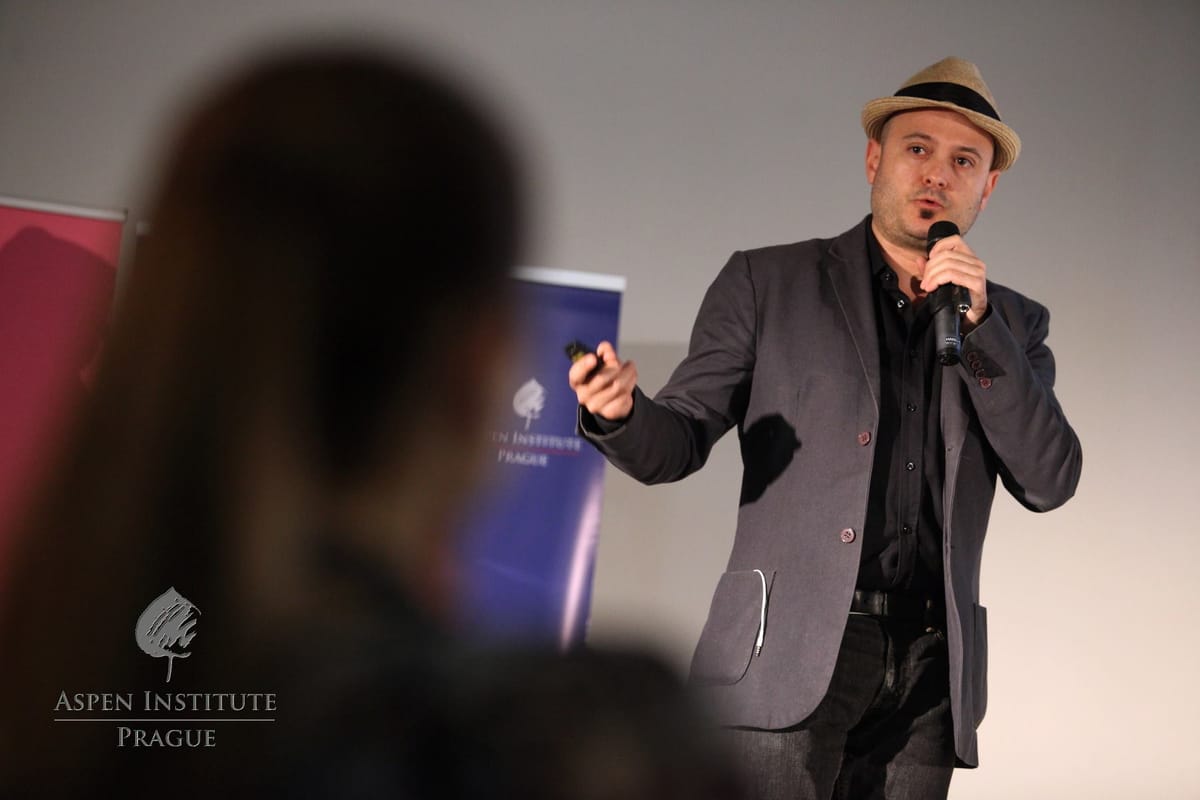From The Wise City to Wise City Life: Returning to What Matters
New website, new name.

After twelve years as The Wise City, I'm evolving to Wise City Life. This change reflects a profound realization: in my original name, I emphasized the object (the city) and the concept (wisdom), while missing the most essential element — life itself, in all its vibrant, complex reality.
Many of us working in urban spaces have made this same error. From countless architects, urbanists, academics and city journalists, to technocrats like Robert Moses and today's "smart city" evangelists and civic tech advocates, our focus often remains uncritically fixed on technology, infrastructure, and objects — rather than on the living experience they should serve. Working with cyberlibertarian tech (the majority of U.S.-originated digital tech as we know it) especially makes everyone a little more technocratic, like Robert Moses; this is why we must move beyond and create outside of it.
When we center objects rather than life, we create cities designed around cars and tech instead of people. We mistake warehouses of silicon and minerals for "thinking" systems, while neglecting the numberless human intelligence found in our parks, courtrooms, classrooms, and community gatherings.
This is why I've often shared over the past decade (translated in many languages) this timeless quote from Shakespeare in Coriolanus:
"城市是什么,不就是人民吗?"
"What is the city but the people?"
"शहर क्या है लोगों के अलावा?"
"¿Qué es la ciudad sino la gente?"
"ما هي المدينة إلا الناس؟"
"শহর কী জনগণ ছাড়া আর কিছু?"
"Qu'est-ce que la ville sinon les gens?"
"Что есть город, как не люди?"
"O que é a cidade senão as pessoas?"
"شہر کیا ہے سوائے لوگوں کے؟"
"Apa itu kota selain manusianya?"
"Was ist die Stadt anderes als die Menschen?"
"都市とは人々以外の何であろうか?"
"Mji ni nini isipokuwa watu?"
"도시란 사람들이 아니면 무엇인가?"
"Thành phố là gì nếu không phải là người dân?"
"Şehir, insanlardan başka nedir?"
"เมืองคืออะไรหากไม่ใช่ผู้คน?"
The true intelligence of cities emerges when people of all varieties socialize, dream, love, and commune in public spaces. It happens when:
- Judges and lawyers ask wiser questions
- Teachers contemplate how to discuss complex ideas
- Doctors listen carefully before delivering consequential news
- People engage in meaningful dialogue with spiritual guides
- Communities gather to debate what new relationships should be supported and which practices need to change
These living moments—not our technological systems—are what constitute the intelligence and wisdom of urban life.
To Life!
May we return to our senses. May we keep our feet firmly on the ground, turning toward each other to reclaim wisdom and intelligence in ways no algorithm can reduce to data points. May we renew the practice of living together — figuring it out through the continuous practice of communing and caring.
And may we protect what is sacred and wise, while clearly rejecting the narrow, mechanistic notions of intelligence that separate us from the lived experience that matters most.
This is why I've changed this life project's name to Wise City Life — because the wisdom we need isn't in the city as object, but in how we live together within it and renew it.
What does this mean for you? I'll continue building connections and offering services at the intersection of place, community, and technology, but with a sharper focus on how these elements serve human flourishing. Expect more content and events about participatory practices, digital placemaking that centers people, and practical frameworks that value lived experience.
Grateful for all who've been a part of this so far, I invite you to join in on a new journey. The challenges we face in our communities require not only just technologies, but wiser community life.


